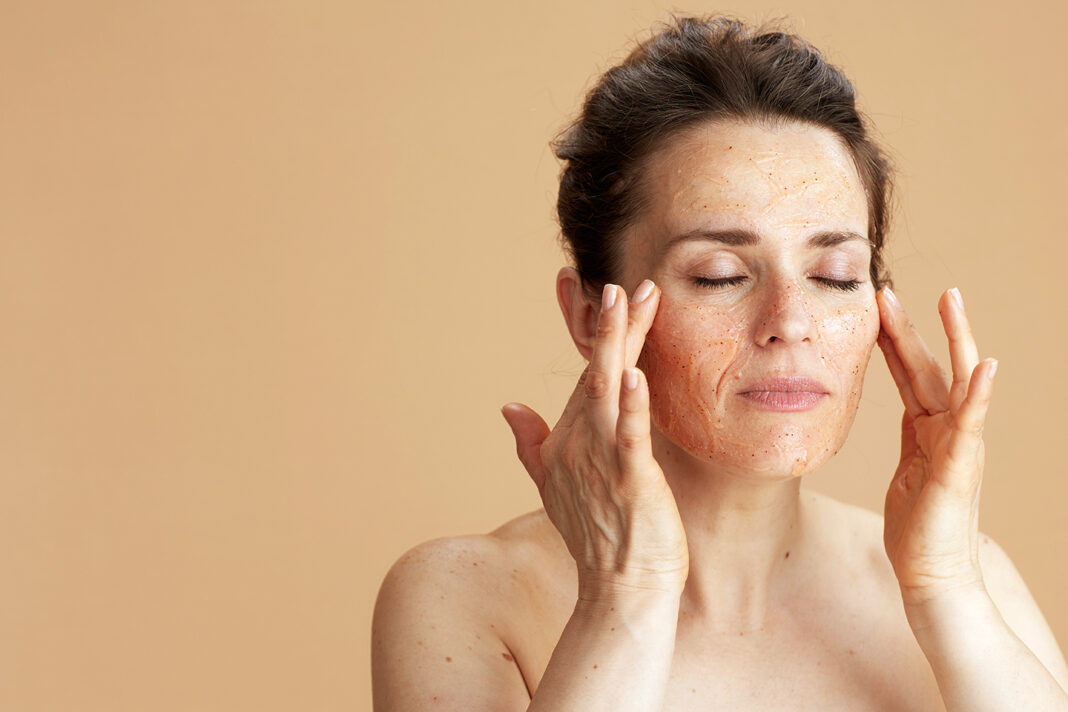Boosting collagen production and cell turnover, retinol has been one of the top trending ingredients in skincare for decades. This vitamin A wonder is anti-aging, can assist with pigmentation problems and uneven skin tone and can also help treat acne.
If you’ve suffered with acne for some time, you’ll know how easily it can flair up and be irritated by new products, so it’s natural to feel wary of trying something new. The sheer choice of retinol-based creams, gels and serums available is completely overwhelming too! Ensure everything goes smoothly by following these tips for using retinol on acne-prone skin and wait to be wowed by the results!
Start slowly
Avoid irritating your acne by showing some restraint in the early stages to build up your tolerance to retinol. You should choose face-friendly retinol skincare with a relatively low concentration of the ingredient to start with and work up to stronger products if needed.
Apply your retinol cream or serum 2-3 times a week at first, increasing in frequency over time. Always put on the product at night because sunlight can cause sensitivity and make the ingredient less effective.
Stay hydrated
Keeping your skin moisturized is essential if you’re prone to acne as dehydration will trigger an increase in sebum which can clog pores and form pimples. You should pay extra attention to hydration when using retinol as it can cause dryness, and nourished skin is less reactive to unfamiliar substances.
Opting for oil-free moisturizers is best for acne-prone skin: seek specialist advice from your local pharmacist if you’re unsure.
Pair with sunscreen
Retinol speeds up cell production replacing dead cells with new ones. This temporarily makes your skin more delicate and susceptible to damage from harmful UV rays from the sun. To avoid burning your face, apply SPF the morning after retinol use to form a protective barrier.
Better yet, use SPF daily as part of your skincare routine. Remember that UV rays can penetrate the skin even on cloudy days! A minimum of SPF 30 is advisable (and higher if you can find it). Look for lightweight solutions that don’t look or feel greasy under moisturizer or make-up.
Be patient
As with anything worthwhile, the positive results of retinol skincare can take time so be patient. It can take several weeks to see noticeable improvements in your acne, and overusing the products to try and speed up the process is likely to have a detrimental effect instead.
Remember that acne doesn’t like being exposed to new substances so avoid the temptation to chop and change between products. Always give each product several weeks as a test and leave a gap between stopping one treatment and starting another.





